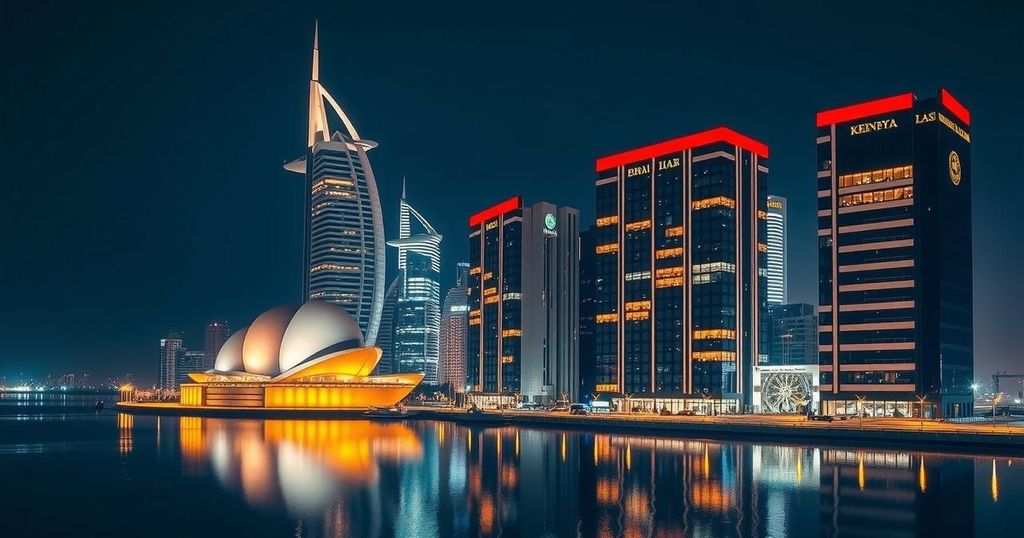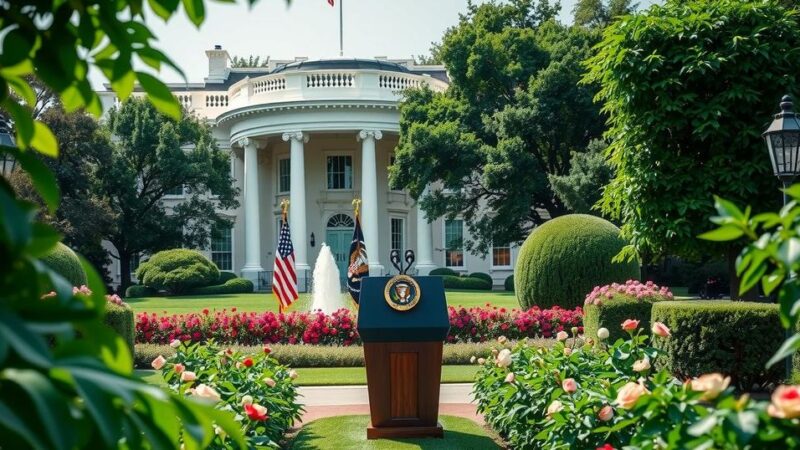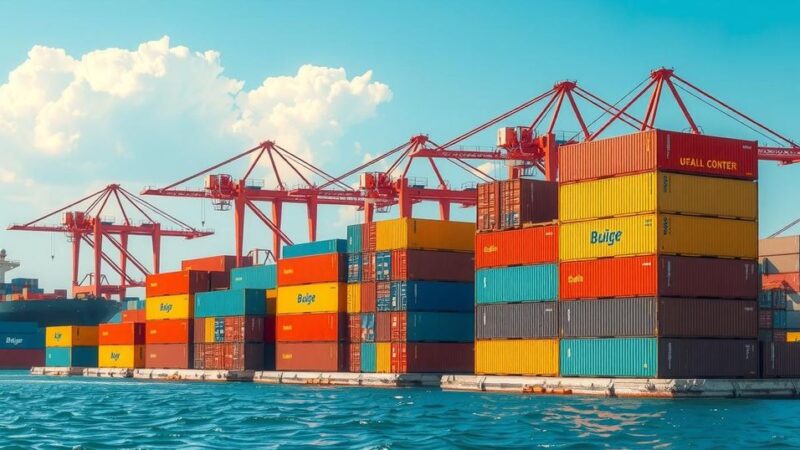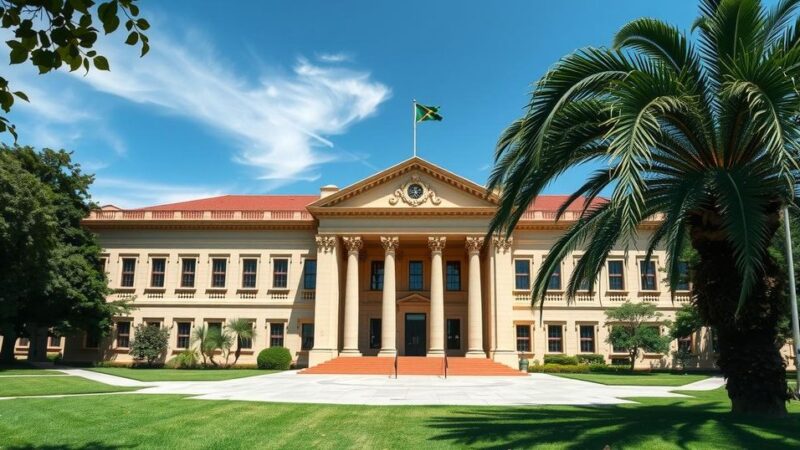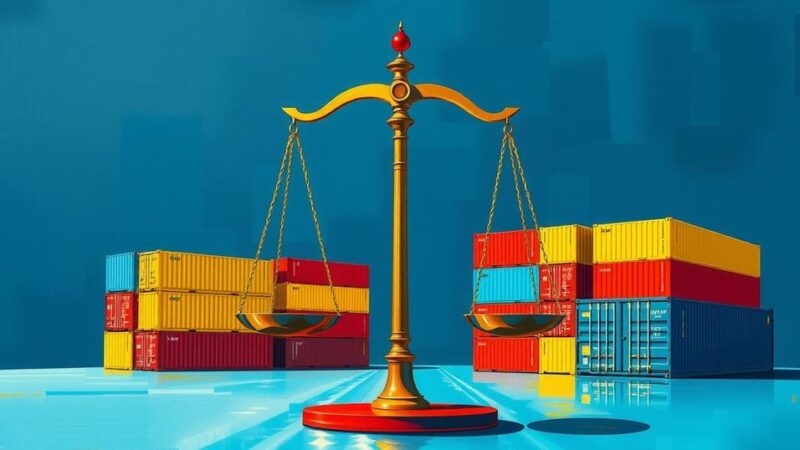A multitude of former and current Kazakh officials are reportedly tied to significant property holdings in Dubai, prompting inquiries into the legitimacy of these acquisitions. While the Kazakh government intensifies efforts to combat capital flight, transparency regarding asset declarations remains limited, revealing discrepancies between declared incomes and substantial offshore properties owned by officials and their families. As international scrutiny on the UAE intensifies, questions about corruption and the legitimacy of wealth acquired abroad resonate deeply within Kazakhstan’s ongoing governance struggle.
ALMATY, Kazakhstan — The prominence of former and current Kazakh officials who are known to own property in Dubai brings to question transparency and accountability concerning wealth acquisition among Kazakhstan’s elite. With a remarkable number of 1,550 Kazakh citizens documented as property owners in Dubai, holding over 2,700 properties, the questions regarding the legitimacy of these assets loom large. While current government officials maintain a veil of secrecy around the declarations of these properties, investigative efforts unveil stark disparities between the declared income of these officials and the luxury holdings attributed to them in the U.A.E. Experts emphasize that Dubai’s appeal is widespread among the affluent, particularly amid its contrasting legal environment when compared to Kazakhstan, which ranks lower in global Rule of Law indices. Amidst ongoing concerns regarding capital flight, the incumbent Kazakh government, led by Qasym-Zhomart Toqaev, has intensified efforts to tackle illicit wealth migration after public unrest triggered systemic changes in leadership. Notably, the introduction of laws aimed at asset repatriation marks a bold step, albeit one that still requires effective enforcement. Scrutiny of the role of the U.A.E. as a jurisdiction associated with lax financial oversight has gained traction, especially following its designation by the Financial Action Task Force (FATF) as a location needing improved regulatory measures. Encapsulating the complexities of this issue, prominent former officials and their families possess vast properties without commensurate transparency about the sources of their wealth. Amid limited disclosures, the breadth of financial interests held abroad continues to elude thorough investigation. Kazakh officials have thus far declared only a minuscule number of properties owned abroad, reflecting a large gap in the reporting framework for asset declarations. As this discourse surrounding wealth and accountability unfolds, the dual narratives of legitimate entrepreneurship versus potential corruption highlight an ongoing struggle within Kazakhstan’s political landscape.
The issue of wealth accumulations among Kazakh officials, particularly regarding properties in Dubai, has become a focal point of concern for both the Kazakh public and independent media. There exists a significant disparity in the financial disclosures made by public figures and the actual wealth observable through property ownership in high-value locations such as Dubai. Investigations conducted by media outlets, alongside data from the Center for Advanced Defense Studies (C4ADS), have unveiled extensive property holdings among individuals closely connected to the government, raising pressing questions about illicit wealth accumulation and accountability.
The correlation between property ownership in Dubai and the potential for undisclosed wealth among Kazakh officials underscores a persistent challenge in governance, eroding public trust. As the government endeavors to address these issues through new legislation aimed at repatriating illicitly obtained assets, the effectiveness of these measures remains to be seen. Continued scrutiny and transparency will be essential to ensure that accountability is upheld in the face of systemic change.
Original Source: www.rferl.org
